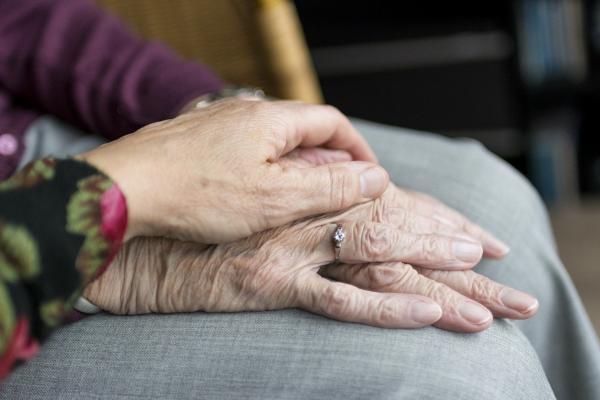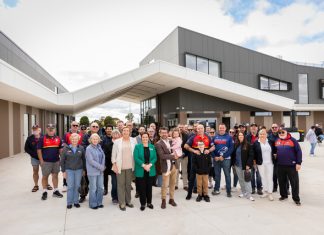By Oliver Lees
Sunbury and Cobaw Community Health has called for the treatment of older Australians to be improved following the release of a national survey revealing more than one third of people aged 50 and over have experienced aged-based discrimination.
The study into the views of older Australians, conducted by The Council on the Ageing (COTA) Federation, found 37 per cent of over 50s had experienced discrimination, up from 33 per cent in 2018.
The survey also found that work-based discrimination was on the rise among older Australians, with 26 per cent of respondents reporting employment-related discrimination, compared with 22 per cent in 2018.
Sunbury and Cobaw Community Health community connections manager Carly Visscher said discrimination can lead to poorer health outcomes.
“Older people themselves may internalise this ageism and lose their confidence in their abilities and capacity to lead a full life,” Ms Visscher said.
“Opportunities to remain connected are essential for the overall health benefits of older people.
“Changing social norms is never easy, but it starts with acknowledging the problem as serious. We need to stop shrugging off incidents of ageism and start calling them out.”
EveryAGE counts advocacy group campaign director Marlene Krasovitsky said the increase in reports of ageism shouldn’t be ignored.
“The fact that 37 per cent of Australians over 50 have been discriminated against should be considered a national crisis. And to see ageism on the rise since 2018 is particularly alarming,” Ms Krasovitsky said.
“Too many are accustomed to laughing off incidents of ageism as relatively trivial, but we know it’s doing real damage to millions of Australian lives.”
A 2010 report found that Hume council’s population of residents aged 65 and over is expected to rise to 14.5 per cent by 2030.
According to the Macedon Ranges council 2021-25 Positive Ageing Plan, the share of the shire’s population aged 65 and over is expected to climb from 16.5 per cent in 2016, to 20.4 per cent by 2036.
As part of its PARTICIPATE plan, the council identified a need for “older people [to be ] respected and valued by the community”.
Councillor Janet Pearce said this plan is vital to addressing the needs of older residents.
“The concept of ageing is changing,” Cr Pearce said.
“Demographics show that the proportion of our population over 65 years of age is increasing, and older people today have different expectations, needs, interests and lifestyles to previous generations.
“The forecast increase in the number of older residents in the shire is likely to result in an increased demand for services and support.”







